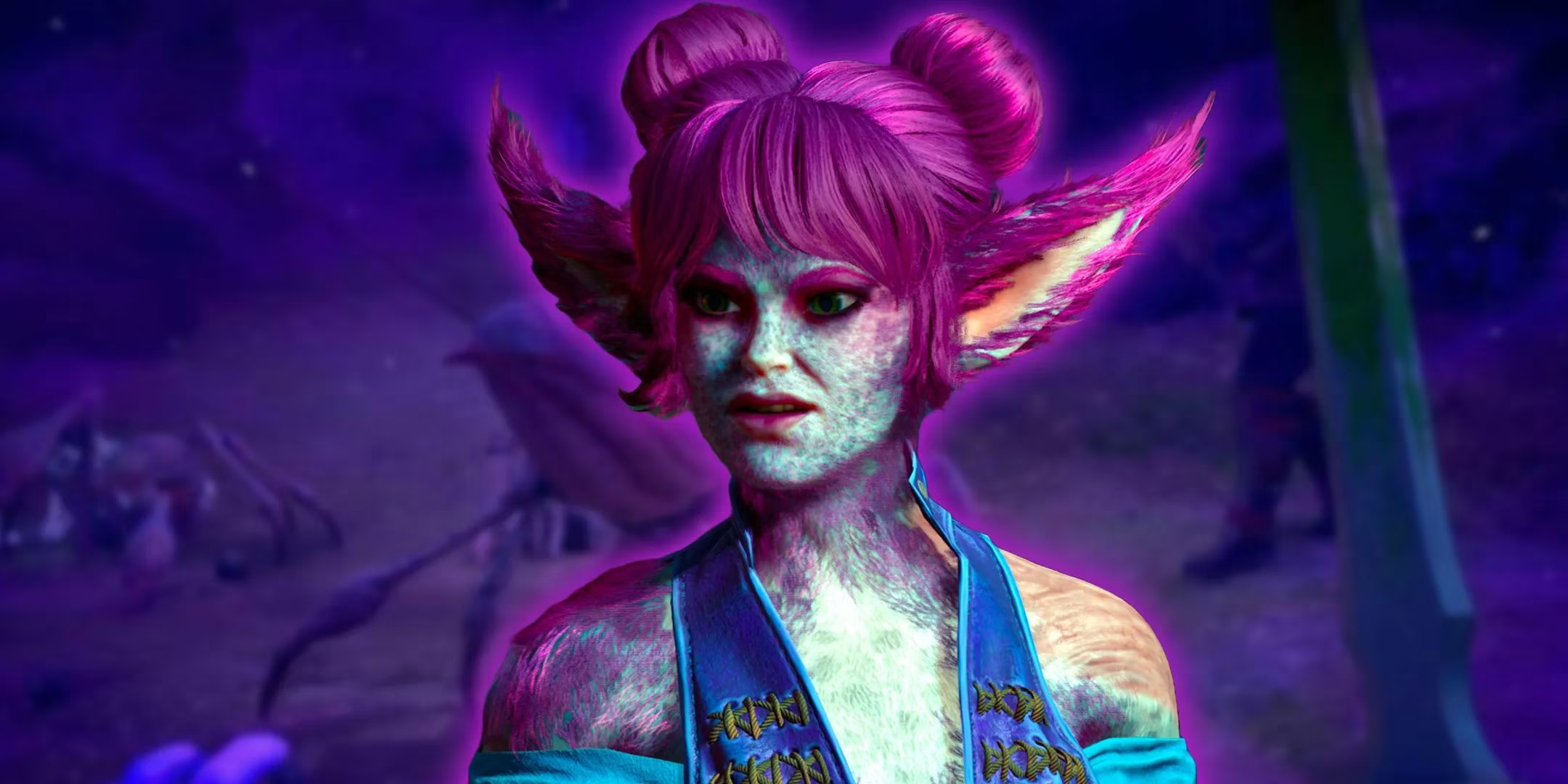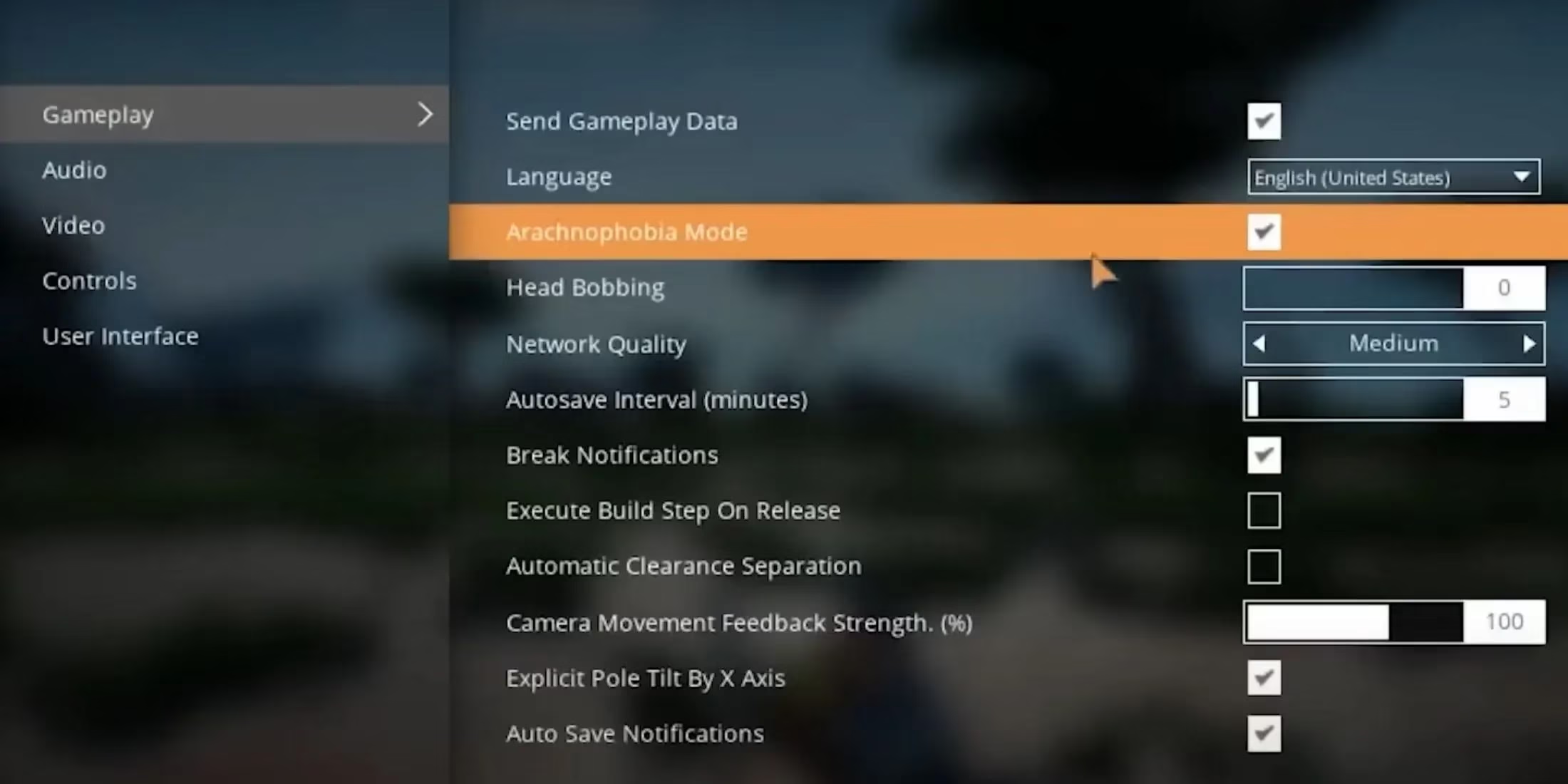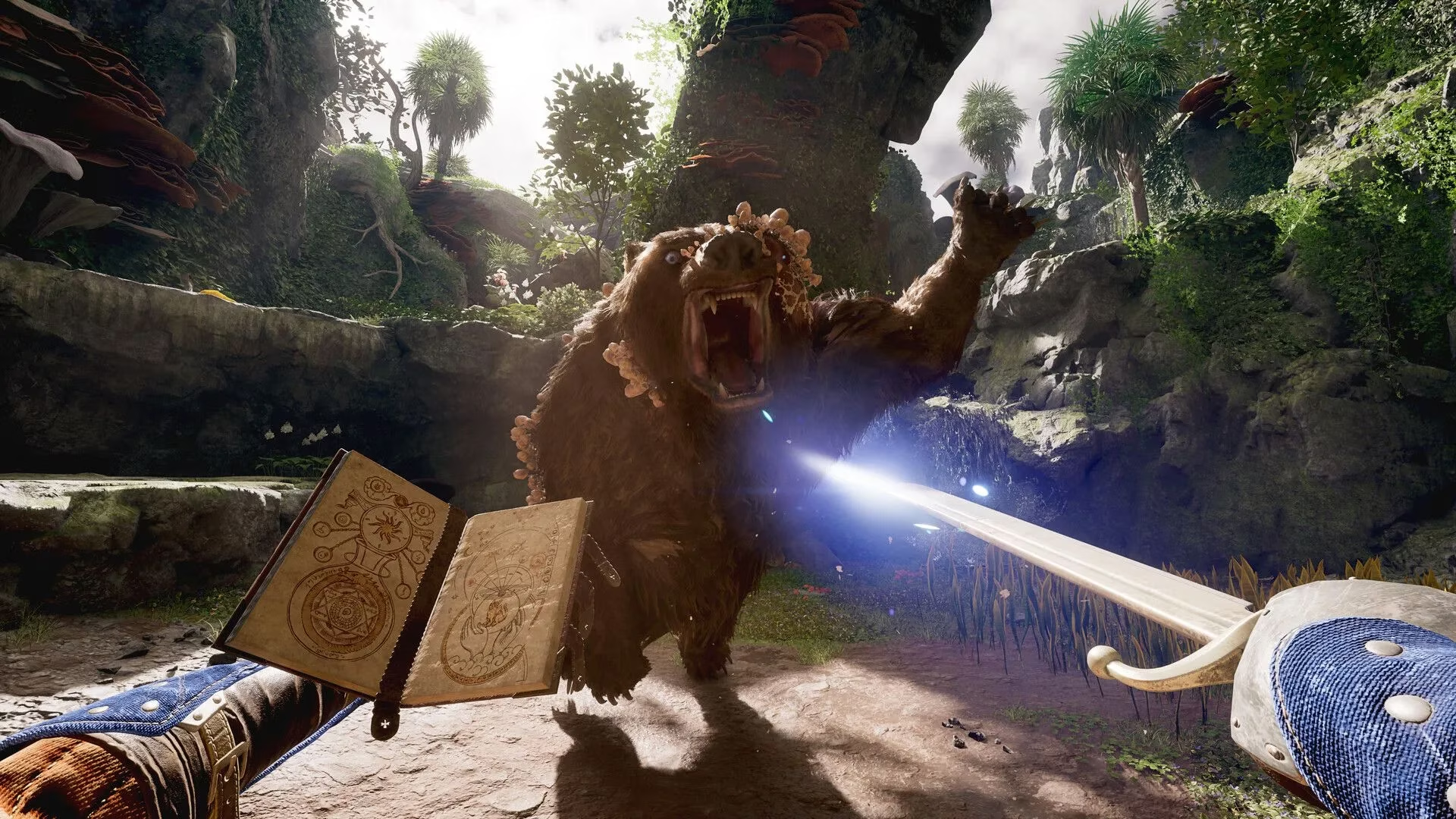Avowed's Arachnophobia Mode Revolutionizes Gaming Accessibility
Discover how Avowed's innovative arachnophobia mode transforms gaming for millions, setting a new standard for accessibility and immersive empathy.
The world of Eora shuddered with relief when Obsidian Entertainment unveiled Avowed's version 1.4 update in early 2025. For players haunted by arachnophobia—a fear gripping up to 15% of the global population according to Cleveland Clinic—this wasn't just another patch; it was liberation. Imagine wandering through a lush digital forest only to freeze like a deer caught in headlights as eight-legged horrors scuttled from shadows. That visceral dread, once unavoidable in Avowed's spider-infested realms, dissolved overnight. Now, those terrors morphed into amorphous blobs wielding swords, transforming nightmares into abstract puzzles. 
The change felt like replacing landmines with trampolines—suddenly, dangerous terrain became a playground. One player described booting up the game after the update as "unlocking a door that had been welded shut since childhood." Obsidian's decision echoed beyond mere convenience; it acknowledged that phobias aren't quirks but neurological minefields where spider pixels trigger real fight-or-flight responses. For millions, this mode wasn't an option—it was oxygen.
🕷️ The Silent Siege: Why Spiders Fracture Gaming Communities
Before the update, Avowed treated arachnophobes like unwelcome guests at a banquet teeming with venomous centerpieces. Every region crawled with skittering enemies, their hairy legs and multifaceted eyes rendering the game unplayable for countless fans. This exclusion felt like building a cathedral and barring worshippers—a billion potential players sidelined by biology. Other titles had dabbled in solutions: Satisfactory swapped spiders for 2D cat posters in 2019, while Lethal Company replaced them with floating red "SPIDER" text. Yet Avowed's approach—blobby, sword-wielding voids—struck a balance between absurdity and immersion, like turning a horror movie into avant-garde theater.
🌐 The Ripple Effect: How One Game Ignites an Industry Standard
Obsidian's move didn't occur in a vacuum. Across gaming, studios are weaving empathy into code:
| Game | Arachnophobia Solution | Impact |
|---|---|---|
| Grounded | Spiders shrink → become floating eye-circles | Customizable fear reduction |
| Hogwarts Legacy | Roller-skate-footed orbs | Whimsical but immersion-breaking |
| Star Wars Jedi: Survivor | Low-poly scorpion husks | Minimal visual triggers |
| Avowed | Sword-armed amorphous blobs | Gold standard for threat retention |
Each solution reflects its game's soul—Hogwarts' playful orbs feel like magical pranks, while Avowed's blobs retain menace like thunderclouds shaped like teddy bears. Still, the trend remains embryonic. Too many developers treat accessibility as postscript rather than blueprint.
💡 Beyond Spiders: The Unseen Ripples of Inclusion

The business case is irrefutable: ignoring arachnophobia is like discarding gold coins at a tollbooth. But the human impact runs deeper. One mother shared how her autistic son, paralyzed by spider encounters, finally explored Avowed's story—"watching him laugh at blob-monsters was like seeing spring thaw a glacier." Such modes also prevent refund avalanches; after all, surprise spider jumpscares feel like betrayal when games omit content warnings. Personally, encountering untagged arachnids evokes the stomach-drop of finding razor blades in candy—a violation of trust.
Metaphors weave through this triumph:
-
Arachnophobia modes are lighthouses—not eliminating storms, but guiding ships through them.
-
Fear-transformed enemies resemble Rorschach inkblots—abstract enough to disarm panic yet structured to preserve narrative tension.
-
Excluding these options is like designing stair-only buildings in a wheelchair era—obsolete and cruel.
I dream of studios embracing accessibility as foundational architecture. Imagine sliders for trypophobia (fear of holes) or options to mute sudden loud noises—features as standard as brightness settings. This future feels inevitable, a horizon where games are universes, not exclusive clubs. Until then, Avowed's blobs stand as monoliths of progress, whispering: "Play without fear." 
Ultimately, Obsidian didn't just tweak code—they rewrote an unwritten rule: that suffering is the price of admission. And that, fellow travelers, is how you turn pixels into compassion.
